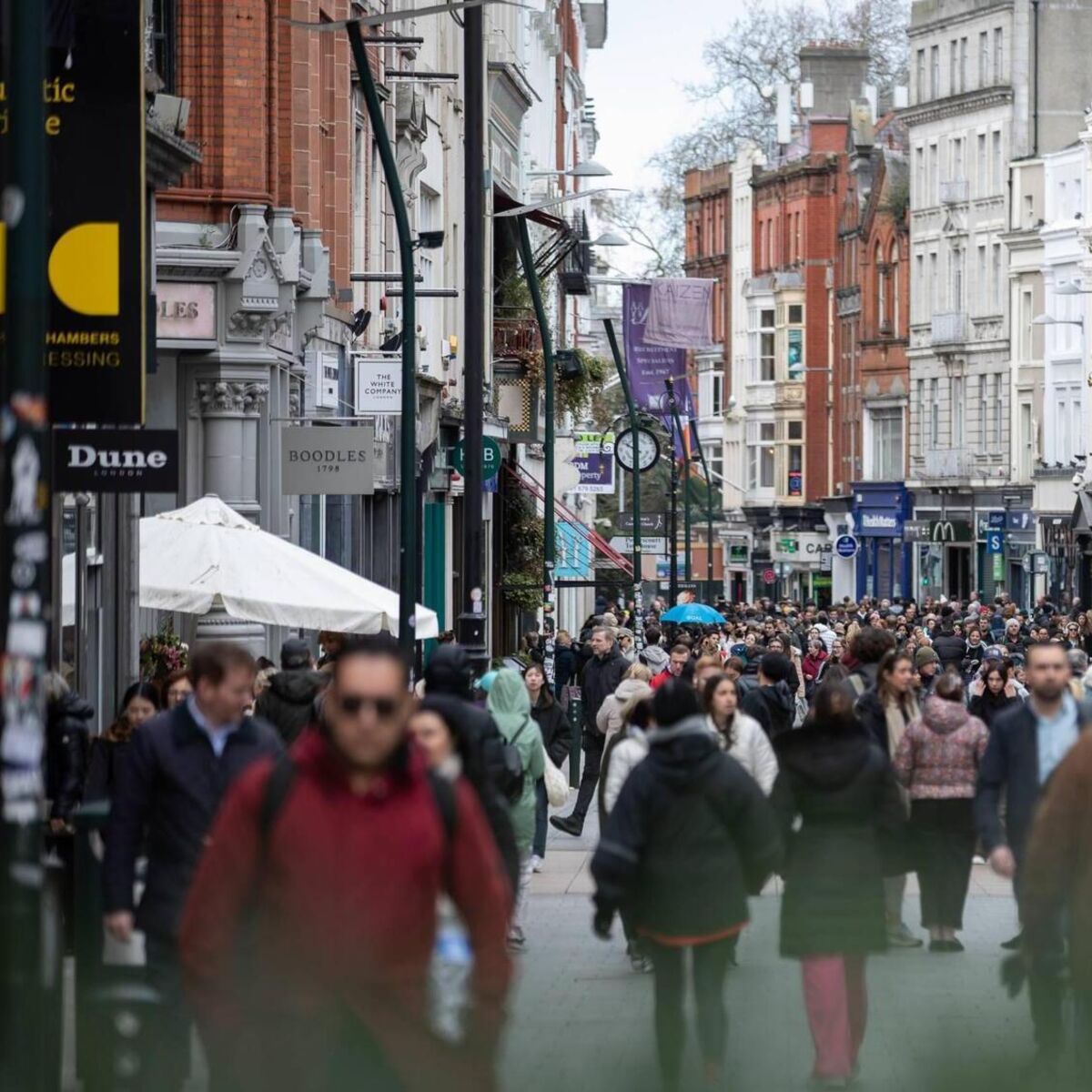By Irishexaminer.com,Ronan Smyth
Copyright irishexaminer

In 2019, the minimum wage stood at €9.80. The ramping up in recent years comes after a decision by the Government in 2022 to set the minimum wage at 60% of hourly median wages.
Director of the Small Firms Association David Broderick said the proposed increase “flies in the face of reality” as “spiralling wage costs” are “impeding” firms from hiring more staff and investing in their business.
“Many small businesses will not be able to cope with this latest hike in the minimum wage as it will raise all other wage brackets on a pro rata basis,” he said, adding that if the Government chooses to accept the Low Pay Commission’s recommendation it will “suffocate small businesses”.
Chief executive of Retail Excellence Ireland Jean McCabe said Ireland has the second highest minimum wage in the EU and the “the retail industry would be decimated by any further increase”.
“The harsh reality is that many retail employees will not have jobs if this increase in the minimum wage goes ahead… Retailers cannot be expected to shoulder these crushing cost increases alone.”
Ms McCabe said the Government must share the financial burden with tax relief including “reductions in Vat and PRSI rates for businesses”.
If this call is made to increase the minimum wage yet again, then the Government must either rebuff it in the strongest possible way, or provide immediate tax relief to prevent widespread job losses across the retail sector.
According to data released by the Central Statistics Office last month, those working in the accommodation and food sector had by far the lowest average hourly earnings compared to every other economic sector.
On average, workers in accommodation and food earned €17.73 an hour during the period April to June. The next lowest was people working in arts, entertainment, recreation and other service activities with an average hourly earnings of €23.61.
However, food-led businesses look set to receive a significant subsidy from the Government in the forthcoming budget as the Vat rate is due to be reduced from 13% to 9%.
The reduction in the Vat rate to 9% for the sector is expected to cost €674.6m. According to the summer economic statement last month, the Government plans on introducing an overall budget package of €9.4bn, which includes a tax package of €1.5bn and additional public spending of €7.9bn.
The reduction in the Vat rate is expected to make up a significant portion of the overall tax package leaving much less room for income tax adjustments for all other workers.



